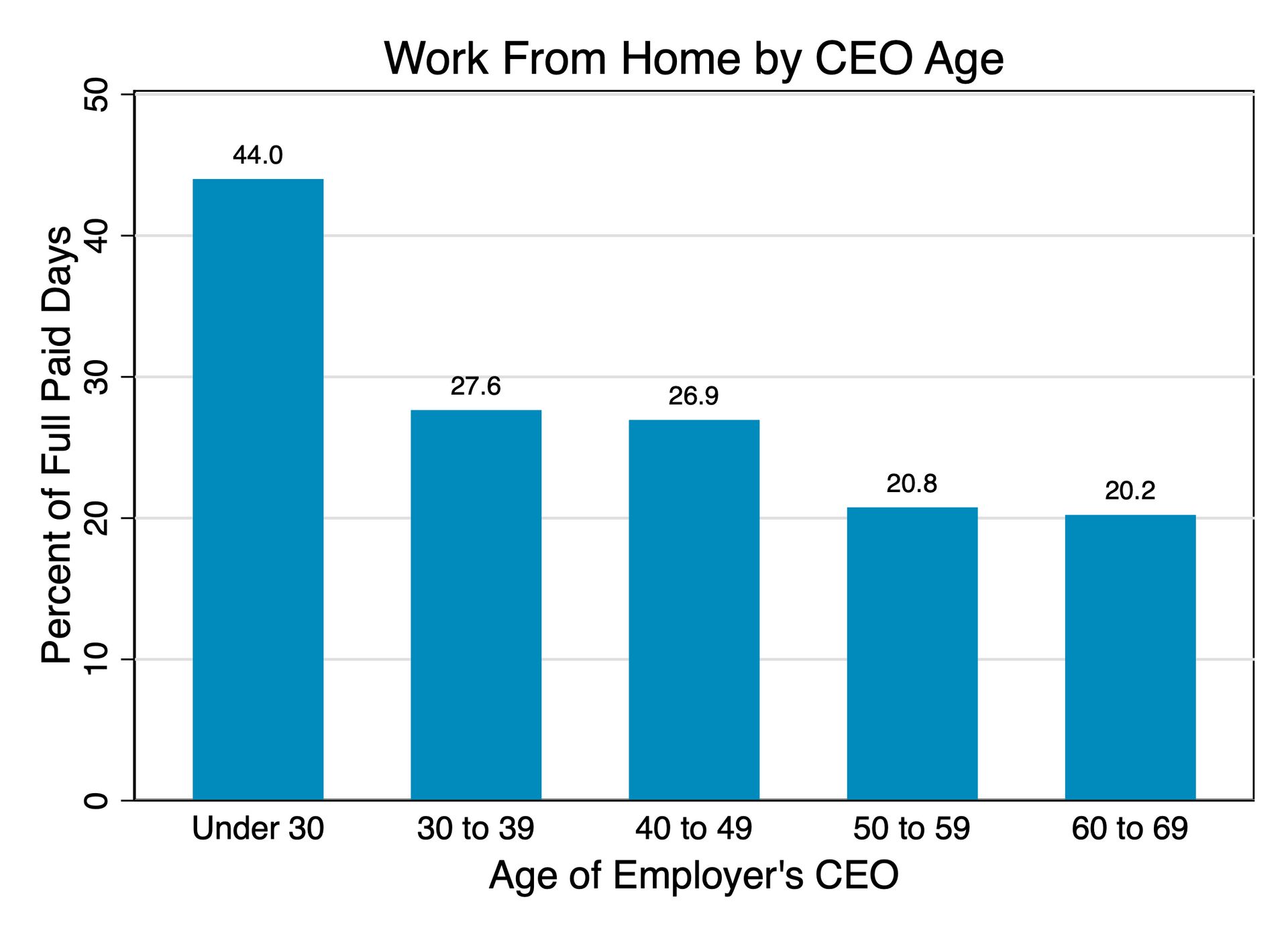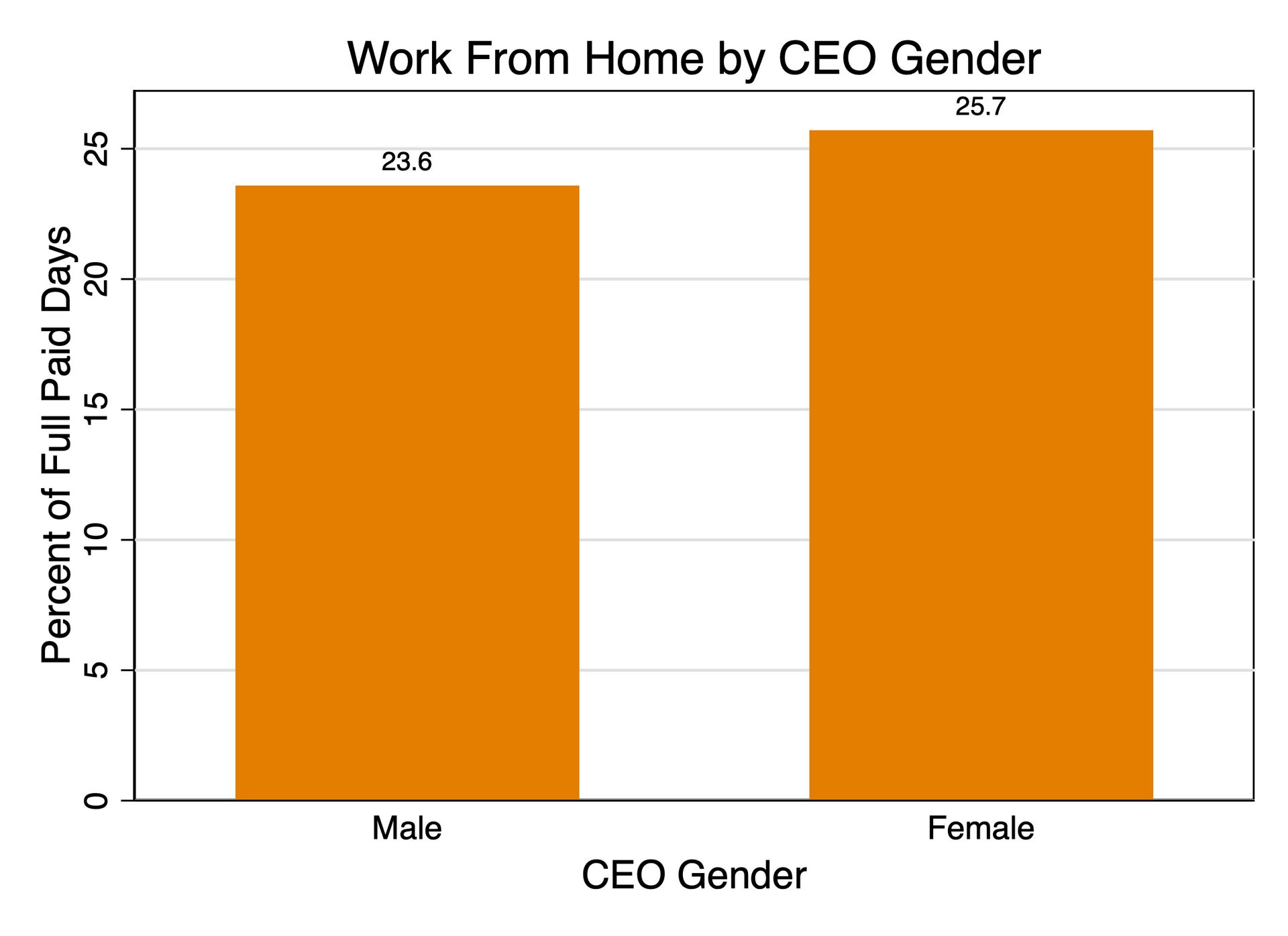- Remote Source
- Posts
- ❌ US sanctions remote scammers
❌ US sanctions remote scammers
Inside: Hazel Health is hiring remote therapists, account managers, and more. Plus: Outsite finds work-life balance for remote workers, sanctions on fake remote worker scams, Fortune 100 shifts back to office, fewer women returning to the office, and more.
Good Morning,
It was shared last week by a couple major news outlets that for the first time since the pandemic began, over half of the Fortune 100 companies are requiring all employees to be in the office five days per week. I have some thoughts…
First: while fully in-office may be the default policy at these companies, there are myriad exceptions. In the war for talent, top companies will very often be willing to accommodate remote work on a case-by-case basis.
Second: this study was published by Jones Lang LaSalle, a “leading global commercial real estate and investment management company.” Do they have some incentive to spin research in a way that projects confidence in the commercial real estate market? Absolutely.
Their study actually says, “across the Fortune 100 there are now more workers subject to full attendance requirements than hybrid workers” — which does not equate to the media headlines based on the report. I’d speculate that there may only be, hypothetically, 40% of the Fortune 100 companies requiring full RTO, but those companies may collectively employ over half of all Fortune 100 employees. I could be wrong, but after combing through the report, there’s no indication that the percentages shared are actually based on the companies themselves; if anything, the language indicates it would be aggregated total employees.
And finally, it’s important to remember that most Fortune 100 companies are market leaders in their fields that have been around since well before the pandemic. They got where they are today with employees coming into the office daily, for decades.
Any major changes in their workplace policies can introduce risk — and when companies reach a competitive pinnacle, often responsible for quarterly reporting to anxious shareholders — they are tasked with being risk mitigators, keeping the ship afloat and protecting their competitive position. Making a drastic change to how and where employees work is likely too risky, in the eyes of weathered executives, to implement across a workplace of tens of thousands.
Plus, in the end, younger companies with younger leadership all point to a long-term shift to flexible work arrangements. We just shouldn’t expect them as much from the established companies resistant to change.

COMPANY SPOTLIGHT

Hazel Health is a school-based telehealth provider that partners with K–12 districts and health plans to offer students free, on-demand access to licensed pediatric medical and mental health care, from virtual medical visits for common ailments to online therapy sessions.
41 open roles, primarily in therapist roles, account management, and engineering.
Hazel Health is based in San Francisco, CA. While their careers page doesn’t indicate whether they are explicitly “remote-first,” most open opportunities are fully remote roles.
REMOTE SOURCE JOB BOARD
20,000+ jobs. Updated daily. Free access!
We host one of the best and largest remote job boards in the world.
Other remote job boards make you pay to access all jobs 👎 — but we don’t!
Anybody can browse, but you can also create a free account to save jobs you want to apply to.
Links to some popular job searches:
NEED TO KNOW
Remote work headlines:
Hybrid work is no longer the dominant policy of the Fortune 100 (Bloomberg)
Outsite: the company that’s nailing remote work (Yahoo!)
US puts sanctions on individuals and companies involved in North Korean fake remote worker scams (Bloomberg)
Why connection matters more than tools in remote work (Inc.)
Fewer women than men are returning to the office (Wall Street Journal)
Starbucks is now requiring employees to be in-office four days per week, up from three days in October (CNBC)
Working from home isn’t just here to stay; it’s growing (Spiceworks)
Fewer Summer Fridays with remote work in place (Fortune)
STATS
CEO demographics
The economic research firm WFH Research published their findings on remote work policies by CEO age and gender, finding patterns that may not be a surprise to you:

WFH Research
The older a company’s CEO is, the more days they are likely to require to be work in-office.

WFH Research
And there’s a gender gap as well. This mirrors studies that generally show women prefer remote work slightly more than men.
And circling back to that Fortune 100 study mentioned at the beginning of this issue — what percentage of their CEOs do you think are males or over the age of 50?
According to research by People Managing People, 90 of the Fortune 100 CEOs are male, and 91 of the CEOs are at least 50 years old 🤷🏻♂️

🤝 HELPFUL LINKS
💼 The Remote Source Job Board has 20,000+ open remote and hybrid jobs, all from hand-picked, established companies, and is updated daily. It’s completely free to access all jobs, unlike most major remote job boards.
✅ The Remote Source Job Guide is a 30-page document that includes 60 job boards for remote job seekers, and contains links to dozens of resources for current and prospective remote workers. It’s completely free for lifetime access.
📞 If you create a free account on our job board, you can select “allow companies to contact me for jobs” — this gives us the ability to contact you if we work with a company that’s hiring and you look like a great match.
👩🏻💻 If you’d like to get more updates from us throughout the week, you can find us on Instagram, X, LinkedIn, Facebook, and Threads.
📥 Were you forwarded this email? Subscribe here to get this newsletter directly from us in the future.


Credit: @0xgaut on X
How was today's issue?Share your feedback with one click. |
Reply